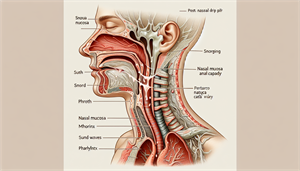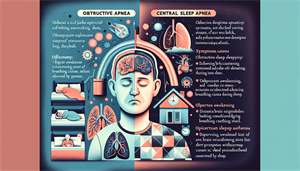
Understanding Chronic Fatigue Syndrome (CFS) and Its Symptoms
Chronic Fatigue Syndrome (CFS) is a condition characterized by persistent and unexplained fatigue that lasts at least six months, non-restorative sleep, post-exertion malaise, and cognitive impairments. It predominantly affects women and was initially defined in 1988. Medical professionals have been perplexed by this condition due to its multifaceted nature and the absence of specific tests for diagnosis.
CFS is often characterized by a debilitating exhaustion that extends beyond mere tiredness and does not improve with rest. This profound fatigue is typically accompanied by muscle pain and cognitive difficulties, adding layers of complexity to the condition.
The Persistent Fatigue Dilemma
The question arises - why is the fatigue in CFS so persistent? The complex nature of the condition holds the answer. The profound fatigue associated with CFS fails to alleviate with rest and impacts multiple body systems, while its origin remains unidentified. This is not a simple case of feeling tired; it’s a state of constant exhaustion that doesn’t improve with rest, making daily activities a challenge. In addition to persistent fatigue, muscle pain and cognitive difficulties often manifest in CFS, further complicating the condition.
Beyond Tiredness: Additional CFS Symptoms
Alongside the debilitating fatigue, CFS also presents a host of additional symptoms that extend beyond mere tiredness. These symptoms, varying from patient to patient, can include cognitive impairment, sleep disturbances, and muscle pain. Furthermore, sleep disruptions are commonly experienced by CFS patients, characterized by profound fatigue and difficulties falling asleep. Cognitive impairments and dizziness when standing, which can worsen sleep problems, are also common symptoms of CFS.
Understanding Sleep Apnea and Its Symptoms
Sleep apnea, both obstructive and central types, leads to interrupted breathing during sleep, causing symptoms that include loud snoring, excessive daytime sleepiness, and fatigue, which can be similar to those of CFS. Effective management of CFS and sleep apnea overlaps due to shared symptoms requires a comprehensive approach, including sleep studies for accurate diagnosis and treatments such as CPAP for sleep apnea and holistic options for CFS.


